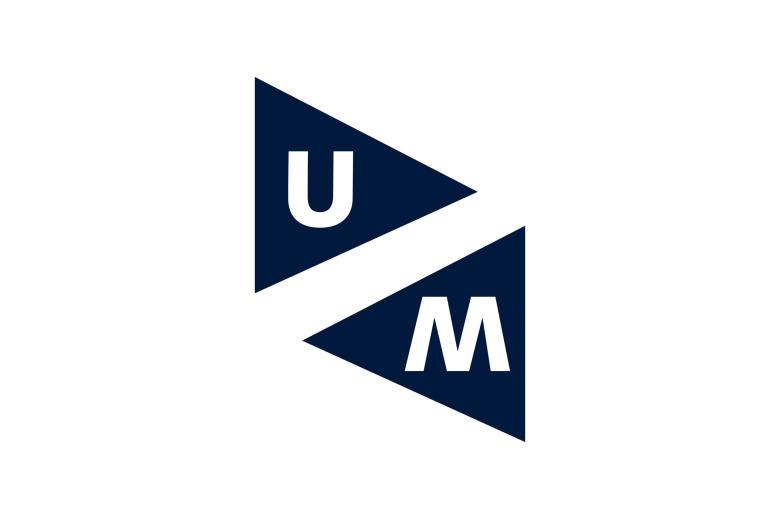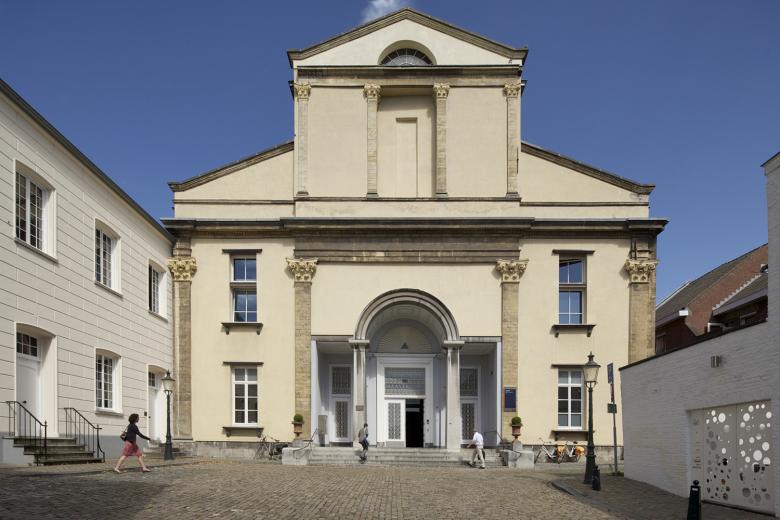Universities take measures for good balance in internationalisation
Today, Dutch universities have jointly announced measures to manage the intake of international students and enhance Dutch language proficiency. While emphasising the great importance of internationalisation, all universities are taking measures in areas where internationalisation causes issues and friction in society. As the most internationally oriented, European university in the Netherlands, UM is also committed to finding tailored solutions that align with both the university and its environment.
The measures aim to increase the use of Dutch as a language of instruction wherever possible and to further encourage the development of Dutch-language skills. Additionally, they target achieving a balance in the intake of international students. Over the next few months, these measures will be worked out in more detail for UM and we will determining the necessary steps and a feasible timeline for implementation. We will do this in close consultation with faculty boards and staff and student representatives.
An international university: vital for the region
At the same time, our commitment is and remains crystal clear: we are an international university with a unique profile, deeply rooted in an international region. The diversity of our community - both students and staff - is of great value to ourselves and to our environment. In an ageing border region like ours, an international university is both natural and essential. In this way, we continue to play our role as an engine for socio-economic development in the region.
It’s good and important in this respect that Dutch universities collectively recognise UM's current position and role in the Euregion, as outlined above.
Building on this unique position, UM will join efforts in the coming period to find the right balance for all when it comes to internationalisation. The universities have listed the measures to this end in an overview. As we refine these measures within UM, we will of course use our international profile and our crucial role for the region as a starting point. Key joint measures include strengthening Dutch-language proficiency by increasing the number of Dutch-language programmes and eventually making Dutch-language versions available for all major bachelor's degrees in the Netherlands.
New English-language bachelor's programs will be temporarily halted. This measure will be evaluated within two years, and will in any case end the moment the new legal Foreign Language Education Test (Toets Anderstalig Onderwijs, TAO) enters into force. In addition, universities will reduce the intake of international bachelor’s students. Central to this will be the use of enrolment quotas for English-language bachelor's tracks. The preparatory year for international students, including UM's foundation programme, will be discontinued, and collaborative efforts with regional and national employers will be pursued to increase the 'stayrate' of graduates.
Ambiguity in The Hague
By taking these proactive steps, the universities are following up on what the Minister of Education, Culture and Science is requesting, in line with the Act on Balanced Internationalisation which he is preparing. In addition, the measures also give direction to plans to reduce the proportion of English-language programmes in the Netherlands, as requested by the House of Representatives (Hertzberger motion).
Meanwhile, there is still plenty of ambiguity in The Hague: we do not know what will happen with the (draft) Internationalisation in Balance Act, and if there will be any amendments. In any case, the Education Council's advice to the minister was highly critical, underscoring the need for tailored approaches for universities 'in the region'. Besides, it is unclear what exactly a future Dutch government has in store for Higher Education. News from The Hague changes daily. Regardless of the composition of a new government and when it takes office, we will continue to stress the importance of a strong, international UM.
Rather than passively awaiting government directives, UM, alongside other universities, is taking proactive steps to prepare a new balance of internationalisation, taking into account what regions and the Netherlands need.
Also read
-
Maastricht University ranked #3 worldwide and #1 in Europe in 2025 Better World MBA Ranking
We are incredibly proud to share that the MBA programmes of Maastricht University School of Business and Economics’ executive branches, MSM and UMIO, have once again been recognised among the very best sustainable business MBA programmes worldwide. In the 2025 Better World MBA Ranking by Corporate...
-

-
UM seeks new balance between the university and student associations
Maastricht University is suspending its relationship with student associations Tragos and Circumflex until further notice. Discussions with the boards of these associations have revealed that agreements outlined in the Code of Conduct have not been upheld. Experience from recent years shows that these...